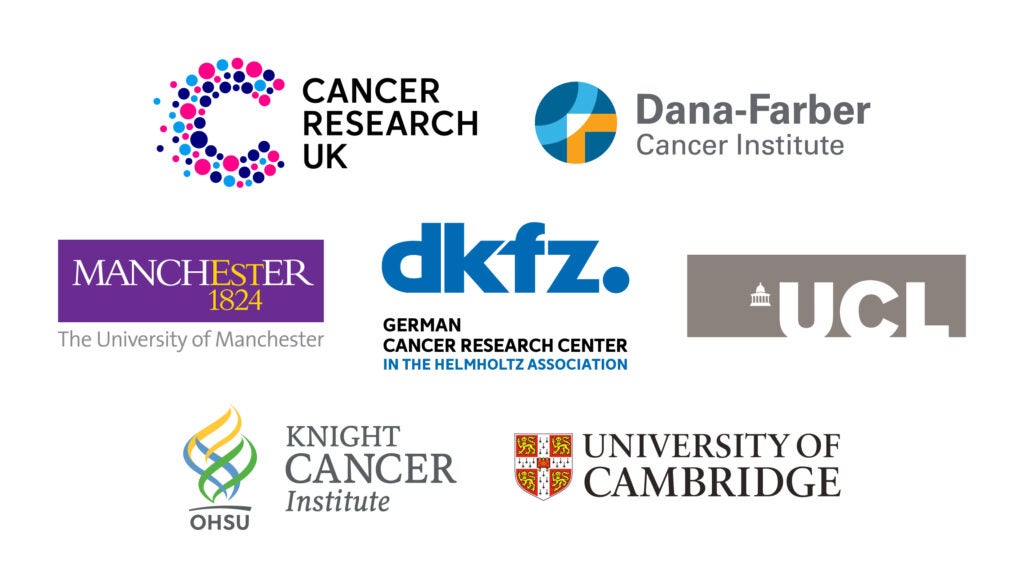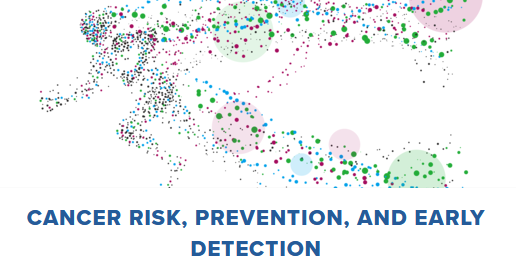Zhu Family Center for Global Cancer Prevention
At the interdisciplinary Zhu Family Center for Global Cancer Prevention, our mission is to support groundbreaking research that develops and implements novel methods, technologies, and tools to further the translation of cancer prevention work into clinical and public health practice. We are dedicated to prevention education and research across the cancer continuum.
FXB Building
651 Huntington Ave
Boston, MA 02115
Partnerships
Collaborations enable institutions to tackle complex, multidisciplinary problems that no single organization could solve alone. By pooling knowledge, sharing infrastructure, and accessing complementary skills, we can enhance the depth and breadth of scientific inquiry and drive more impactful outcomes to foster a culture of innovation that is vital in addressing global challenges.

The International Alliance for Cancer Early Detection (ACED) is uniting world leading researchers to tackle the biggest challenges in early detection, an important area of unmet clinical need. Scientists in the Alliance are working together at the forefront of technological innovation to translate research into realistic ways to improve cancer diagnosis, which can be implemented into health systems and meaningfully benefit people with cancer. Learn more. Read our press release here.

The Center for Global Health at the Dana-Farber Cancer Institute envisions a world where cancer outcomes are not determined by where a person lives. Established in 2023, the Center works to centralize and enhance the Institute’s global health activities, addressing inequities in cancer prevention, care, and outcomes. Learn more.

Dana Farber/Harvard Cancer Center Cancer Risk, Prevention and Early Detection Program focuses on understanding how a person’s genetics, environment, and lifestyle influence cancer incidence and progression. Among its goals the program aims to translate biological discoveries and develop new technologies into novel paradigms for cancer interception. The scope ranges from the general population to high-risk groups to individuals with pre-cancerous lesions or targetable mutations. Learn more.